The kitchen is a paradise of culinary enchantment, where we spend every day agonizing over the incredible secrets of food storage. It is, after all, the heart of the home, and most of us have certainly had a moment of confusion there when reaching for maple syrup or soy sauce and wondering, “Stand by, should this be in the cooler?” Many of us have been perplexed about the culinary issue for a long time. Everybody has those childhood groceries that were never kept in the refrigerator’s cool environment.
We didn’t notice how badly we were storing things until far later in life, either during a casual conversation or a very late-night web search. For me, it was maple syrup and soy sauce. These two fundamental goods never felt the cold embrace of the refrigerator, instead sitting proudly on my pantry shelf. However, it appears that they would have preferred to rest. That made me think about all the other things we don’t refrigerate, either because it’s part of our identity or because we truly believe they don’t require it. I’ll tell you what: the list is far longer than you may expect.
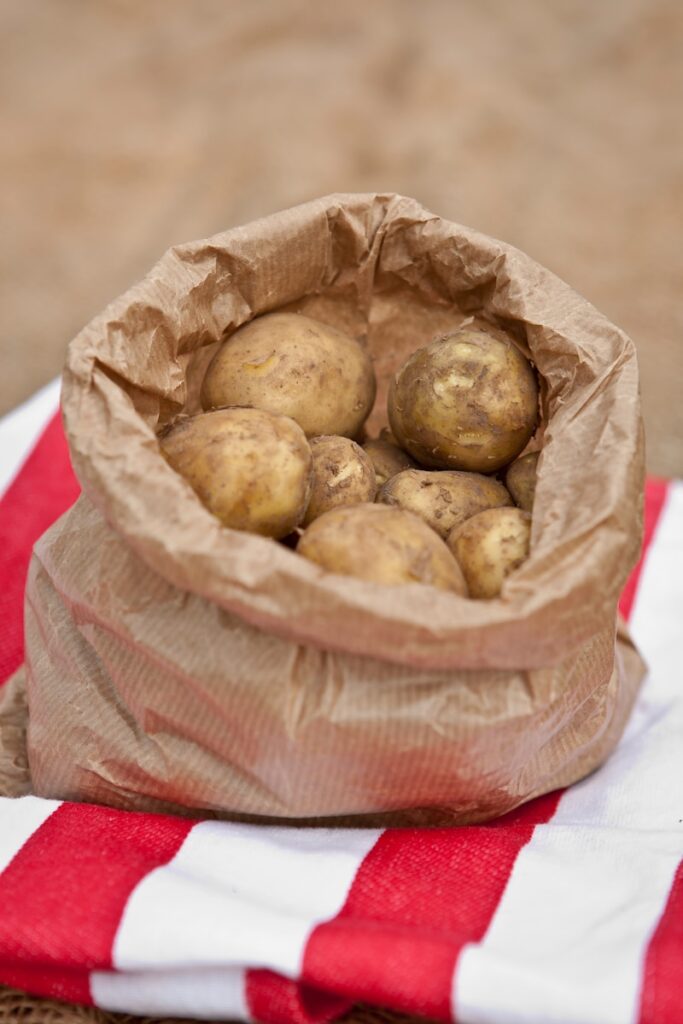
Begin with the humble potato. Who hasn’t stored a bag in the fridge, hoping it would extend its shelf life? It turns out we are filthy potatoes. The cold climate of the refrigerator converts their starches into sugars, resulting in a weird, sweet foreign flavor. The same applies to sweet potatoes. Instead, these tubers prefer the dark seclusion of a chilly closet or drawer stashed in a paper bag to a treasure to be discovered.
There’s honey, nature’s liquid gold. This delicious, sticky treat is frequently put in the refrigerator, but that’s where we go wrong. Honey loves to lay around at room temperature, out of direct sunshine. When honey is chilled, it crystallizes and becomes difficult to remove. Of course, there are tomatoes. When these delicious fruits—they’re technically fruits—are refrigerated, they lose their taste and become mealy. They much prefer lounging on your counter until they reach the ideal maturity.
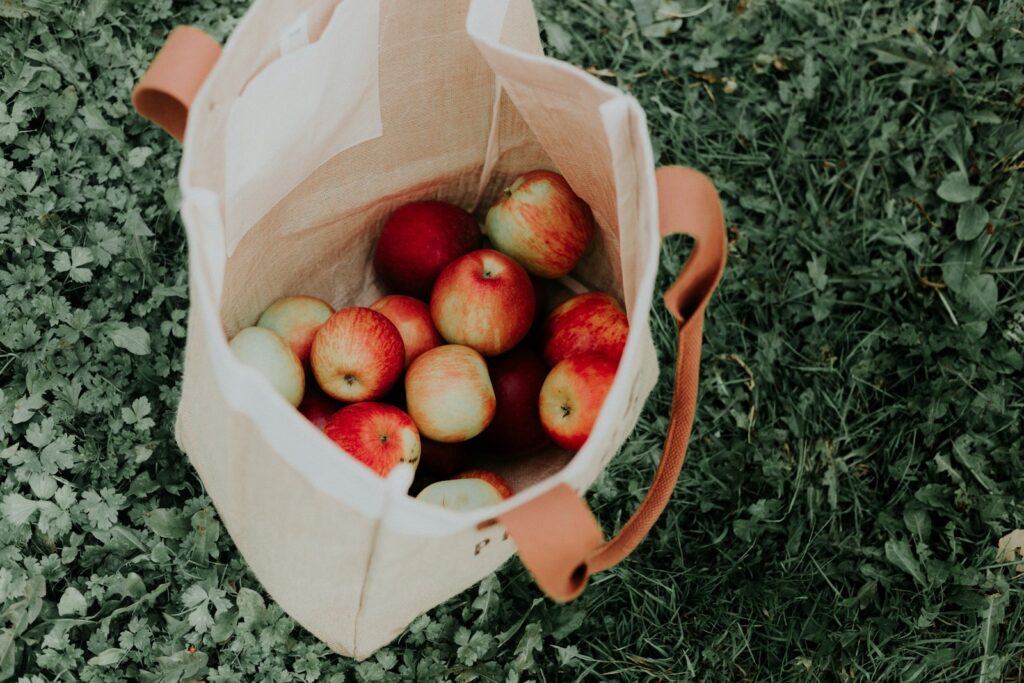
Apples suffer from the chill. They lose a lot of their crispness and taste after being stored in the fridge. If you’re seeking cold crunch, put them in around 30 minutes before you’re ready to eat. Onions, especially tear-inducing bulbs, should be stored in a paper bag in a cold, dark area. If you refrigerate them, they will soften and begin to smell and trust me, you do not want your milk to smell like onions.
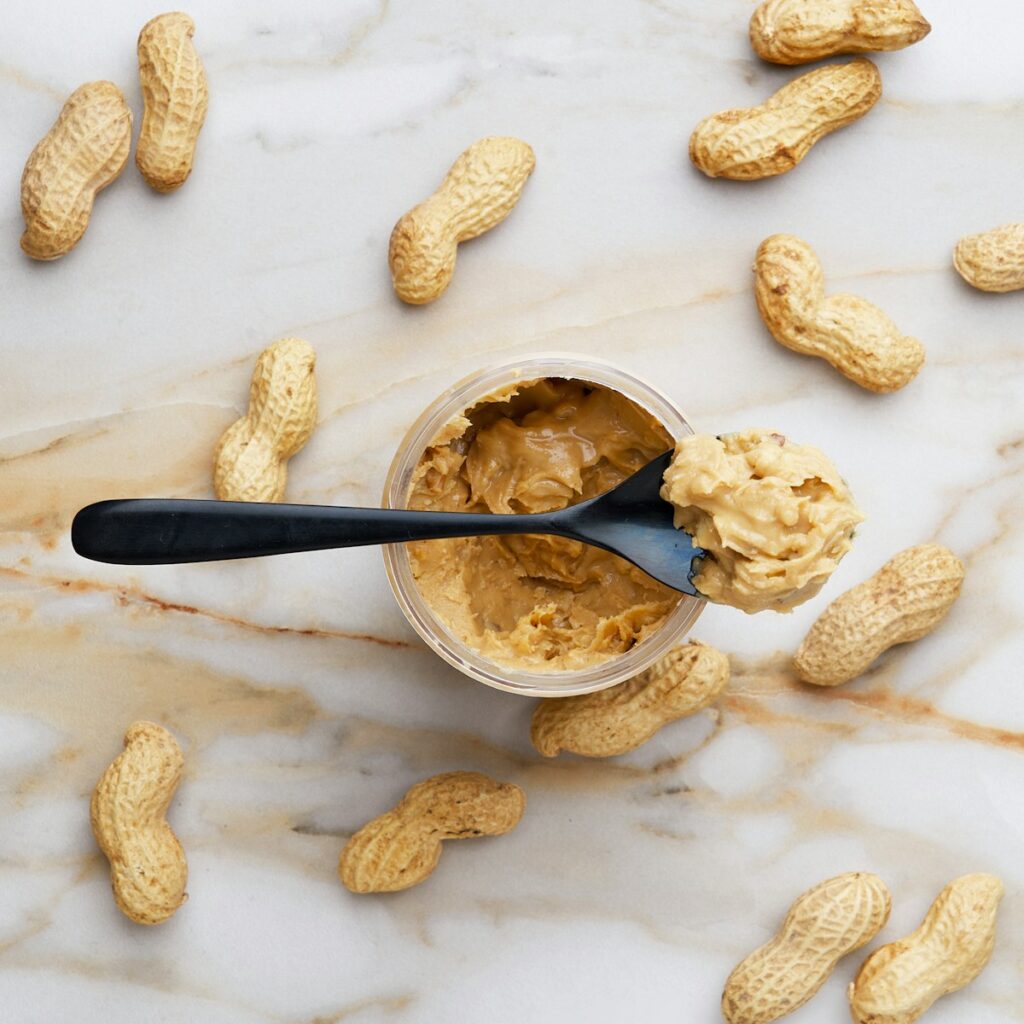
Talk about peanut butter. That one appeared to divide the audience. Some suggested refrigeration, but others, like myself, preferred to keep it in the pantry. The fact is that peanut butter does well in a cold, dark closet. And bread? Well, that’s another story. The refrigerator ensures that bread dries out faster. When stored in a breadbox or cupboard, it will keep fresher and softer for longer.
Bananas are a tricky bunch. If they mature on your counter and become too ripe before you can eat them, just freeze them for later use in banana bread. Most oils, with the exception of those with reduced saturated fat content, are perfectly OK at room temperature—you can store them in a dark cupboard or even in the fridge door if you want, but this is really unnecessary.
Keep avocados on the counter until they are ready to eat. Cut into one and use it all since they lose taste when refrigerated. Peppers, whether red, green, yellow or the hot chili kind, thrive in a paper bag in a cold cupboard. What about winter squash? They sneer at the cold. Keep them at room temperature, and they will be OK.

Citrus fruits like oranges, lemons, and limes thrive at room temperature. Just don’t overcrowd them, or they will begin to mold. Berries, given their short shelf life, should be eaten immediately and never refrigerated. Melons, too, like room temperature, but once cut, any leftovers should be refrigerated.
Ketchup is fine in the pantry after opening. It will last a long time because of the vinegar and preservatives. The same goes for jam. Due to its high preservative content, it is safe to store in the pantry after opening. Stone fruits and pickles, both heavy in preservatives, are likewise best kept out of the refrigerator.
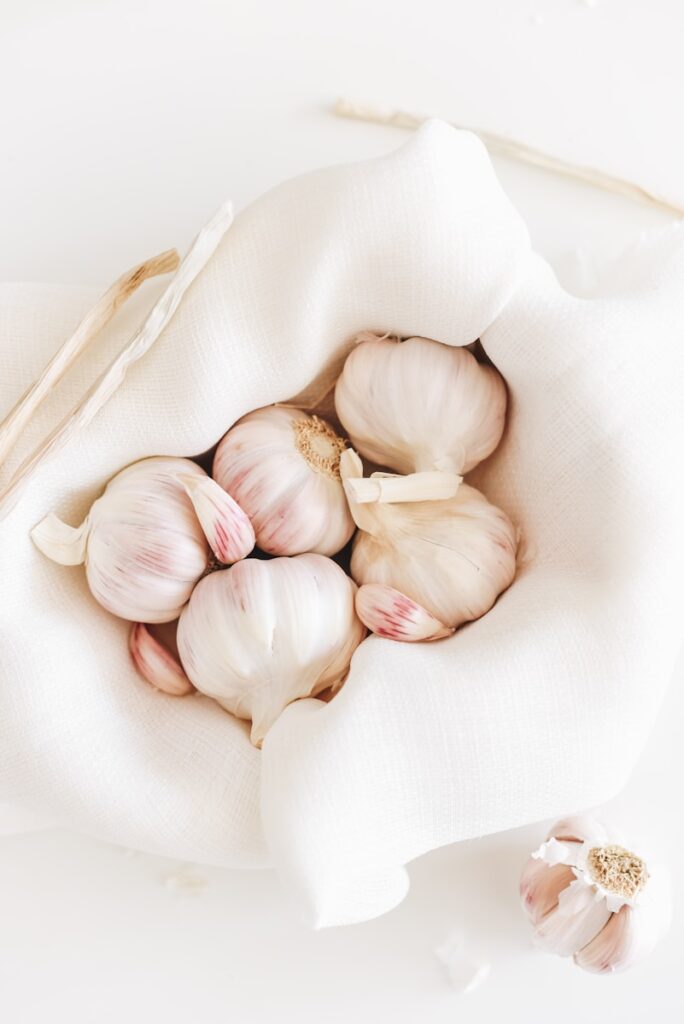
Garlic is stored in a paper bag in a cold, dark area. Hot sauce, with all of its spices and preservatives, may be stored in the pantry, freeing up room in the refrigerator. Spices, whether ground or whole, should never be stored in the refrigerator. Coffee, the morning savior, is best stored at room temperature to maintain its natural oils and powerful taste.
Nuts, dried fruits, and cereals are all pantry-friendly. Vacuum-packed tuna, sealed like a can, is perfectly good to store at room temperature. What about fresh herbs? Instead of strangling them with plastic, place a water-filled glass jar on your counter to create a lovely and functional herb bouquet.
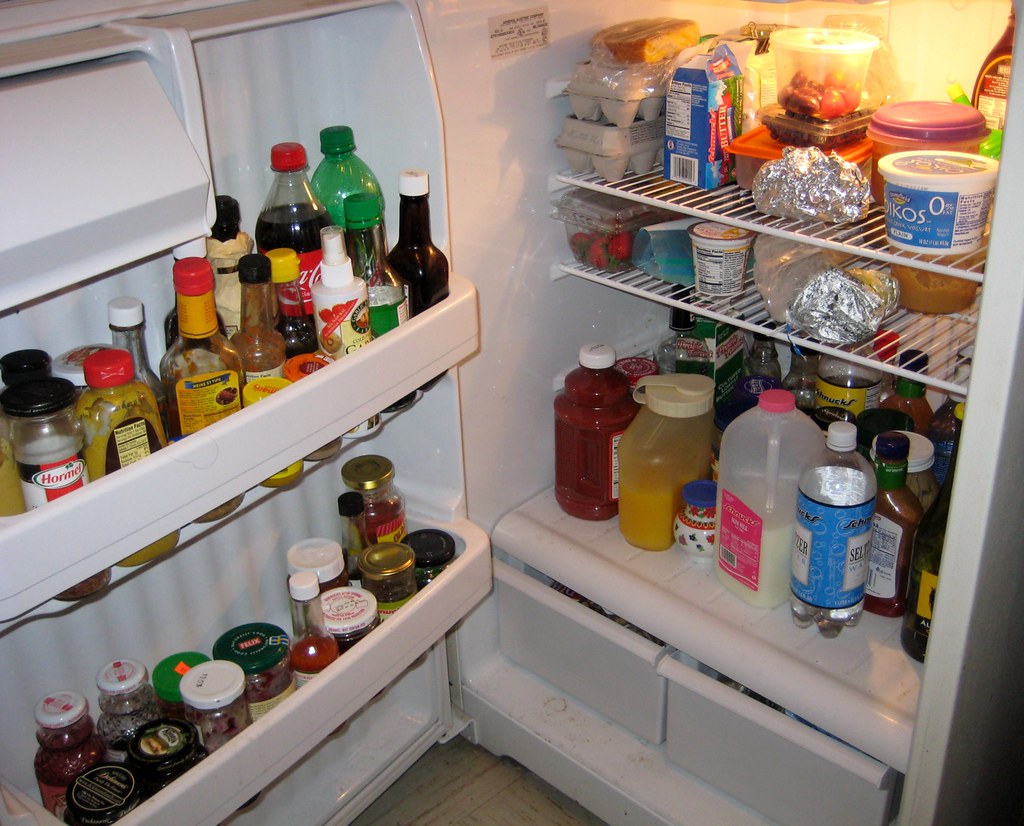
What is maple syrup, exactly? If stored in the refrigerator, it will crystallize and become goopy, just like honey. It appears that my decision to relocate my pantry was not as perplexing as I first imagined. This leads us back to our initial question: Are there any other meals that you believe taste better fresh from the refrigerator? Without a doubt, the answer is Yes. Many of our favorite foods, such as the tempting sweetness of maple syrup or the sharp flavor of ketchup, are rarely found in the refrigerator. It all boils down to personal taste, quality, and, on occasion, medical treatment. However, one thing is certain: the passionate debate around refrigeration is far from over.
Related posts:
Foods that normally don’t need refrigeration
What Foods Don’t I Need to Refrigerate?



